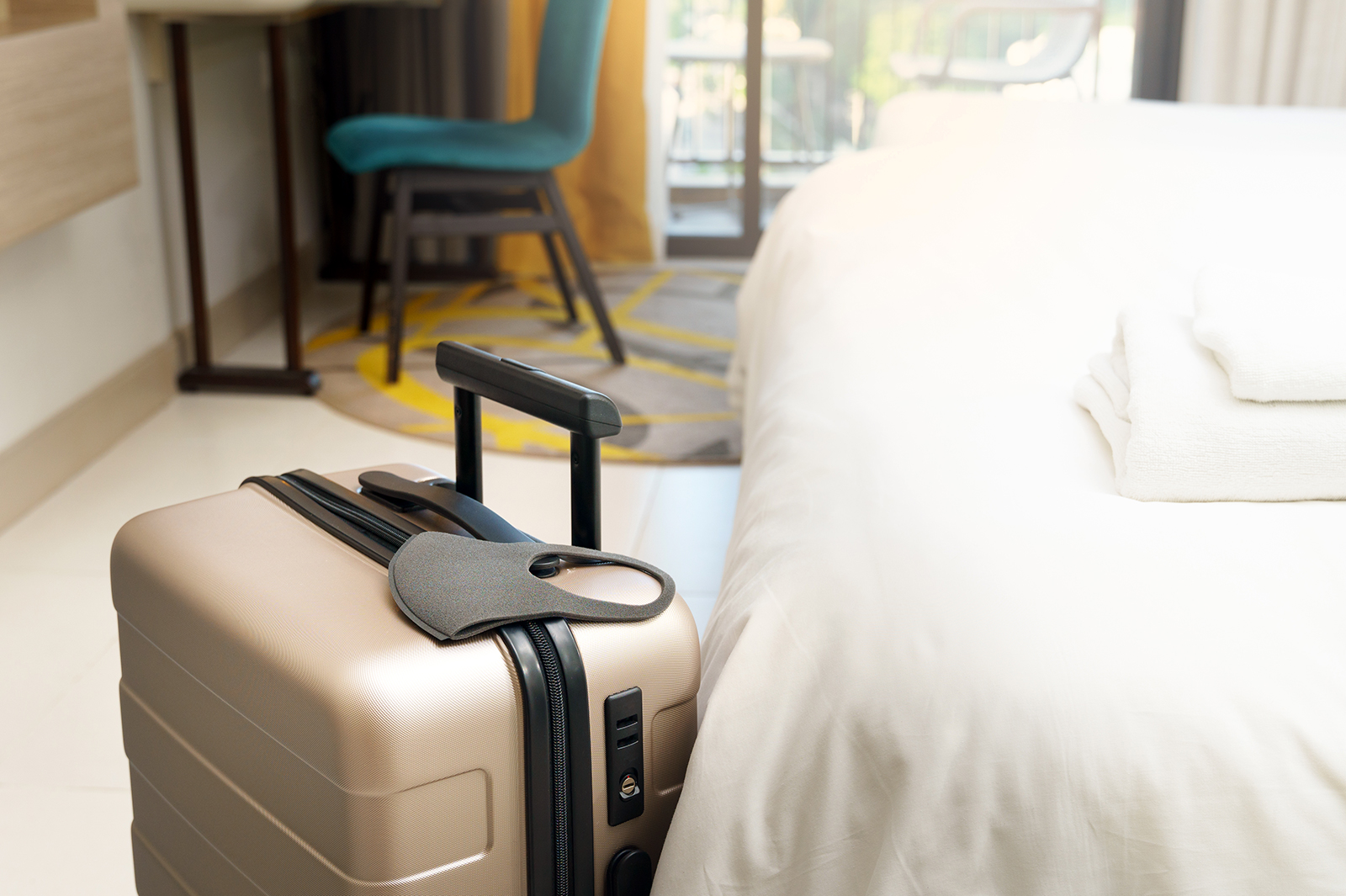CityU Survey: Nearly 60% respondents prefer the “0+7” quarantine arrangement for inbound travellers

According to a survey conducted by the Department of Media and Communication (COM) at City University of Hong Kong (CityU), most respondents prefer a reduction in the number of days required for inbound travellers to stay in quarantine hotels, with about 60% of respondents supporting the “0+7” model.
With effect from 12 August 2022, the Hong Kong SAR Government adopted the “3+4” model for inbound travellers from overseas places or Taiwan, requiring them to undergo compulsory quarantine in designated hotels for three days and medical surveillance at home for four days.
A research team led by Professor Christine Huang Yi-hui, Chair Professor of COM, conducted a poll in August, asking 1,042 local citizens aged above 20 about their opinions on the “3+4” isolation and quarantine policy. The major findings were as follows:
- While 44.1% of respondents considered the policy to be effective in controlling the spread of COVID-19, nearly half (49.0%) felt that it was inconvenient in their daily lives (Please refer to Chart 1).
- When asked about how many days should be required for “compulsory quarantine in hotels” and “medical surveillance at home”, the respondents preferred that the number of days of hotel quarantine be reduced:
(a) Regarding the number of days for compulsory quarantine in hotels, 35.0% of respondents favoured zero days and 22.8% preferred three days (Please refer to Chart 2).
(b) Regarding the number of days for medical surveillance at home, 24.4% of respondents preferred three days, while 20.2% preferred seven days (Please refer to Chart 2).
(c) Regarding the combination of compulsory quarantine in hotels and medical surveillance at home, respondents had divergent views. The top three models selected by respondents were the “0+0” model (12.2%), i.e. no quarantine requirements, the “0+7” model (10.8%), and the “3+4” model (10.1%) (Please refer to Chart 3).
- Between the two options of “3+4” and “0+7”, more respondents (57.9%) chose the “0+7” model. (Please refer to Chart 4).
- Older respondents and those with a lower family income or lower education level opted for the “3+4” model, while younger respondents and those with a higher family income or higher education level preferred the “0+7” model:
(a) By age level, respondents in the group aged above 50 (48.2%) favoured the “3+4” model, while only 32.3% of respondents in the group aged between 20 and 29 preferred the “3+4” model (Please refer to Chart 5).
(b) By family income level, 57.6% in the group with monthly family income lower than $20,000 chose the “3+4” model, while 61.5% in the group with monthly family income above $60,000 favoured the “0+7” model (Please refer to Chart 6).
(c) By education level, 53.1% of respondents in the group with senior secondary school education or below supported the “3+4” model, while over 60% of respondents in the group with a Diploma of Foundation Studies, Higher Diploma, Bachelor’s, Master’s or PhD preferred the “0+7” model (Please refer to Chart 7).
“Many countries, such as the UK, Singapore and Japan, have adjusted their anti-pandemic policies by significantly relaxing or cancelling the quarantine requirements for inbound travellers,” said Professor Huang.
“Our survey found that the interviewed local citizens preferred similar adjustments to connect with other places. We would like to suggest the government consider the needs of citizens with different backgrounds, adopt a scientific approach and appropriate communication strategies to enhance cooperation of specific groups when formulating, implementing and promoting related policies,” she added.